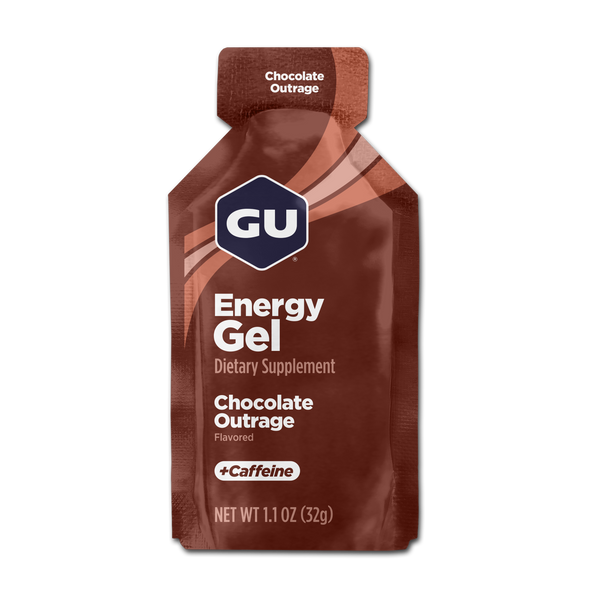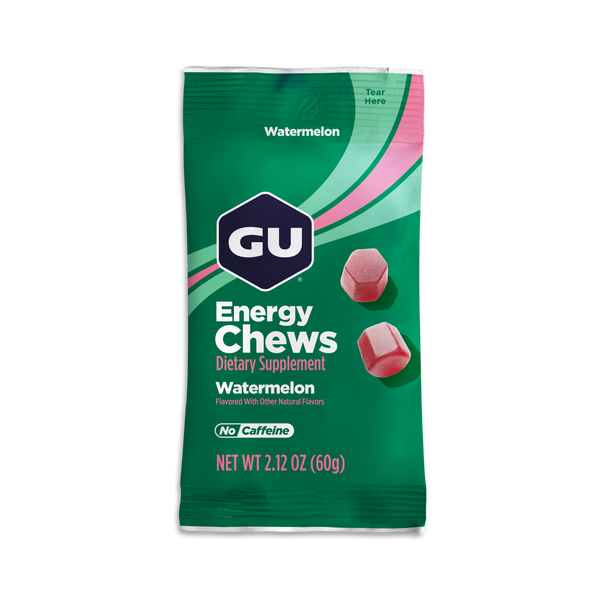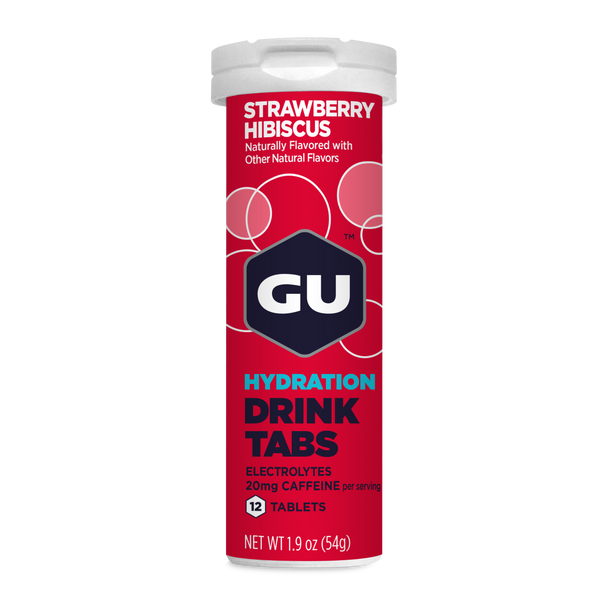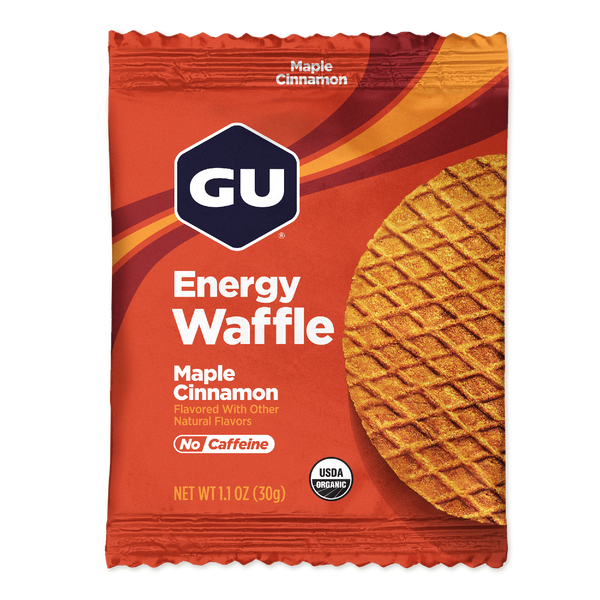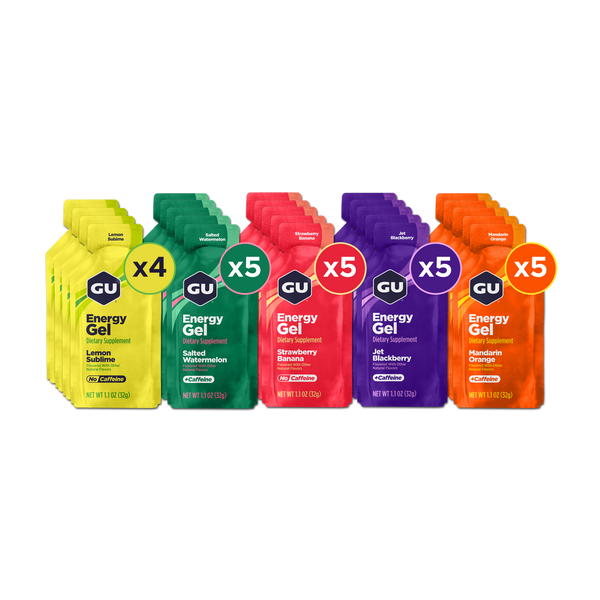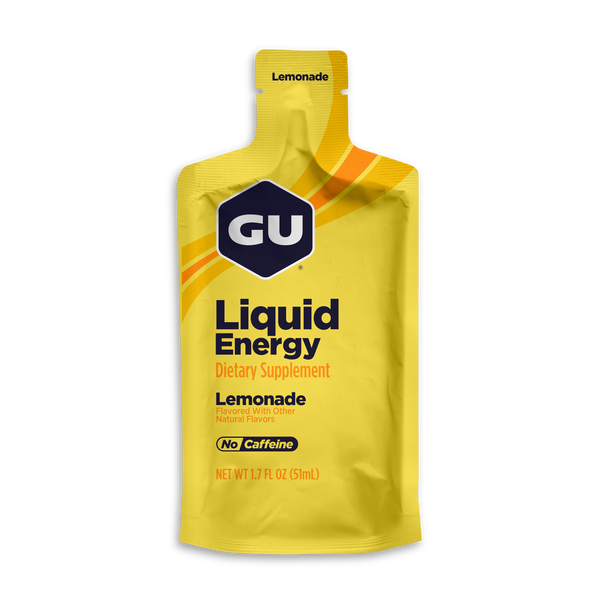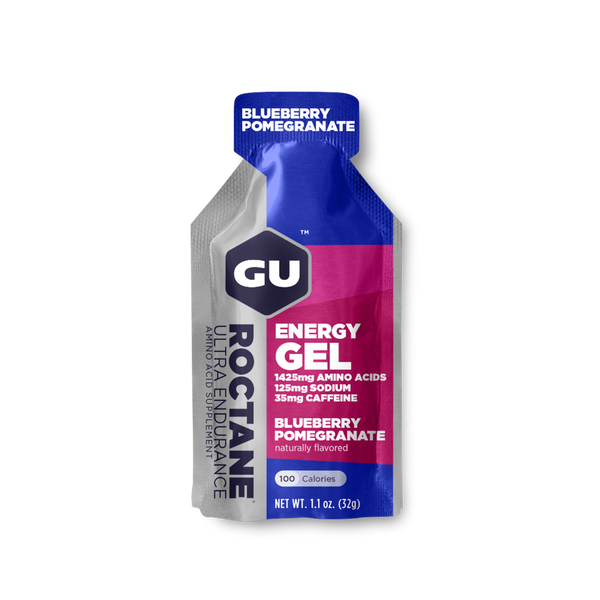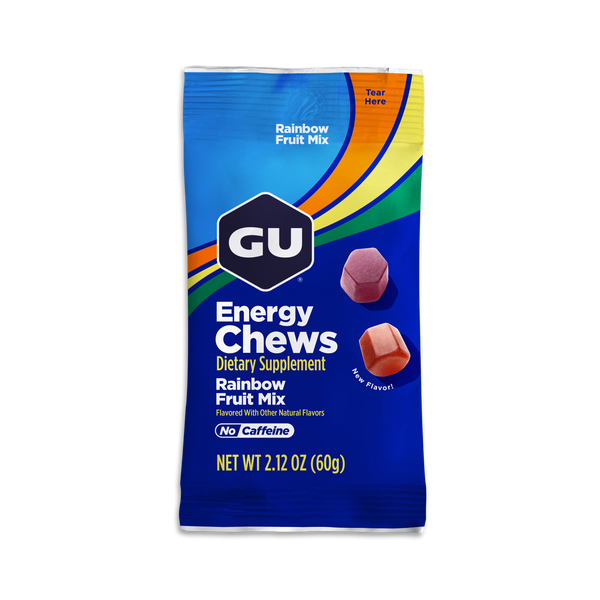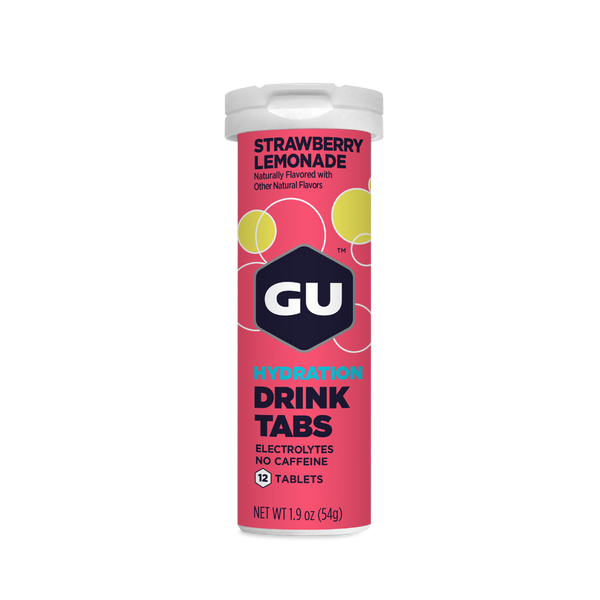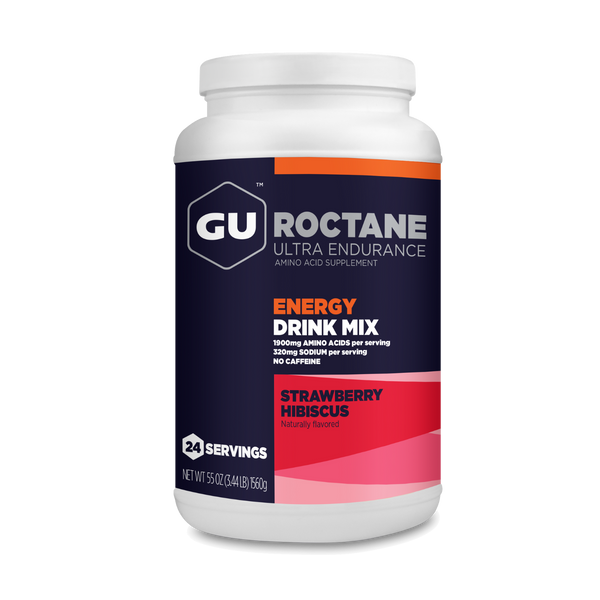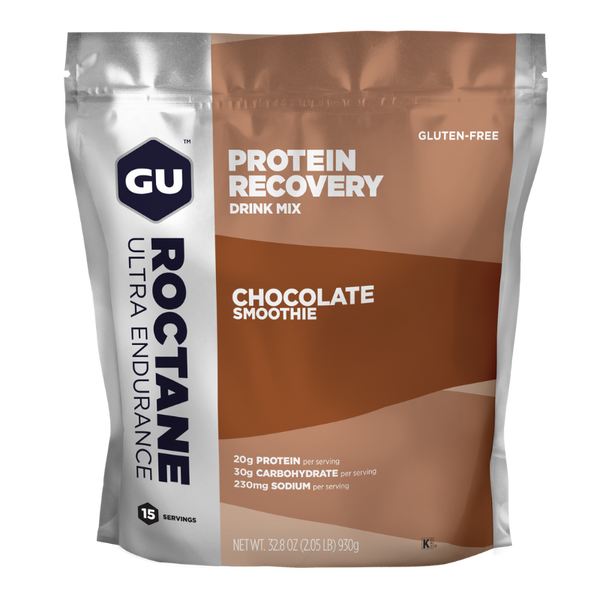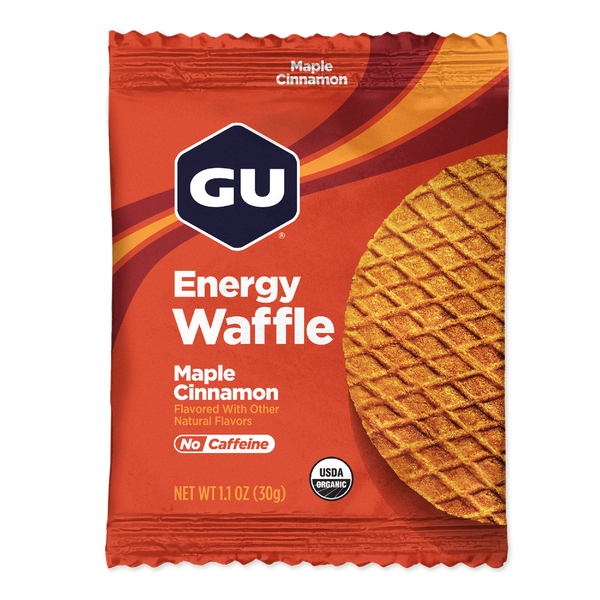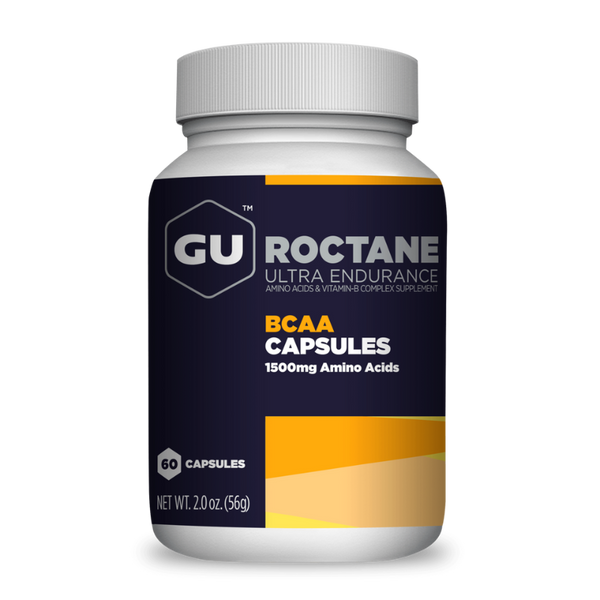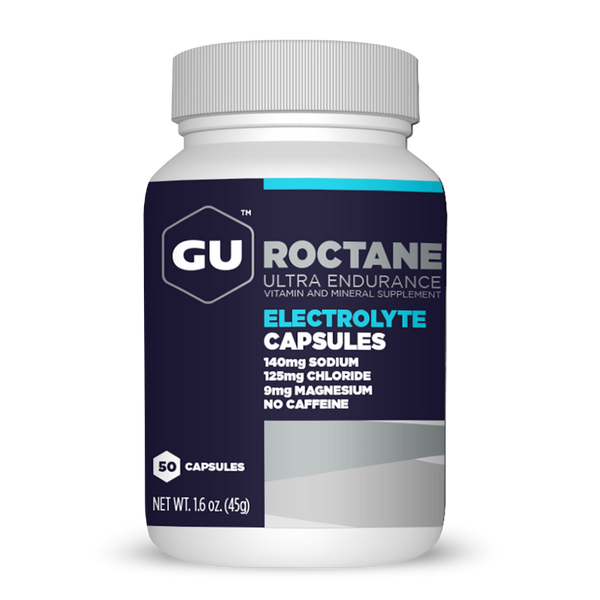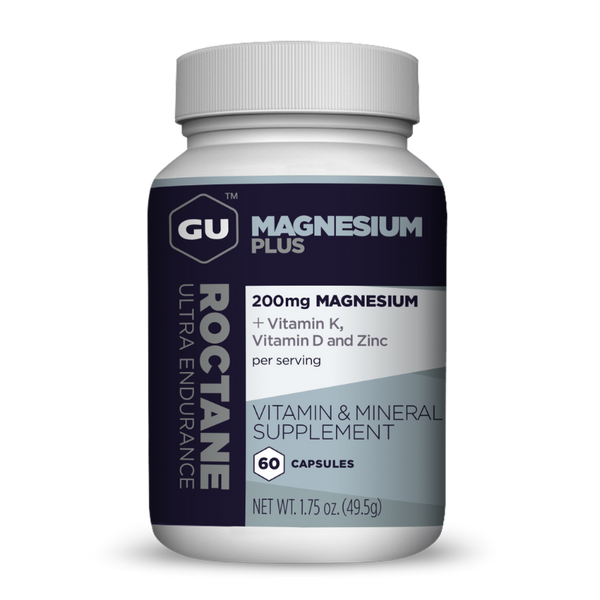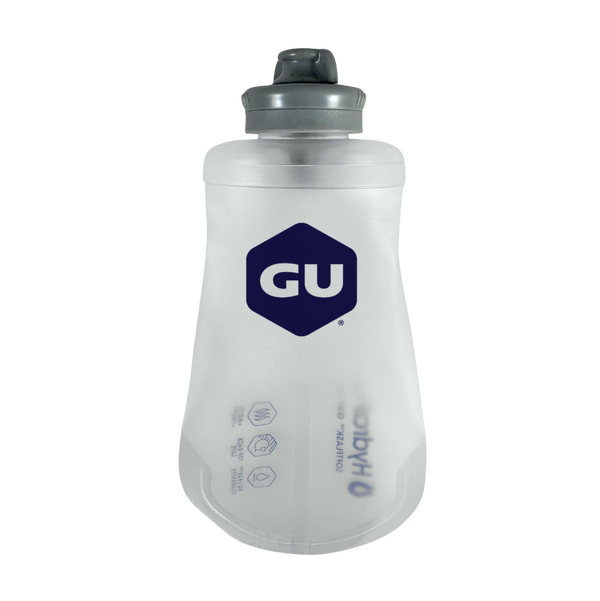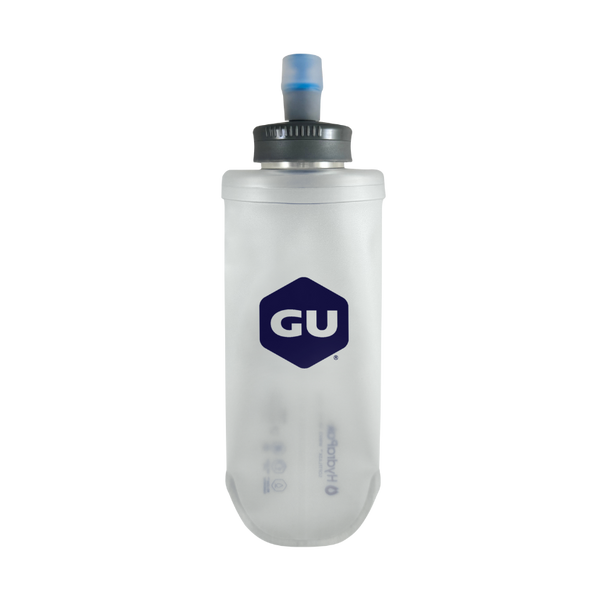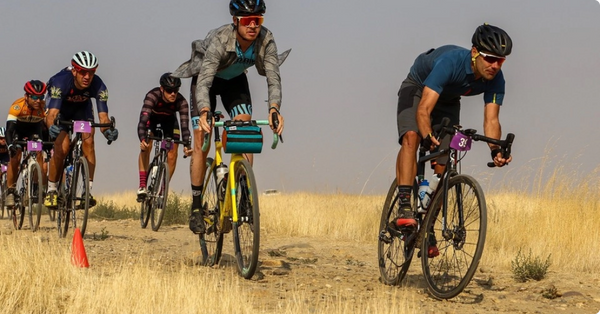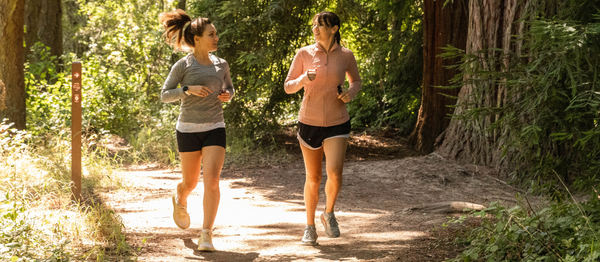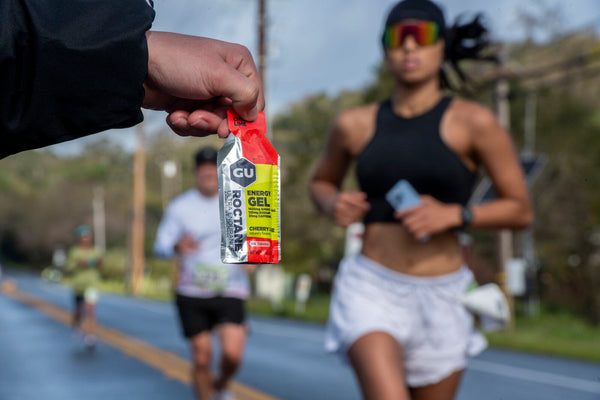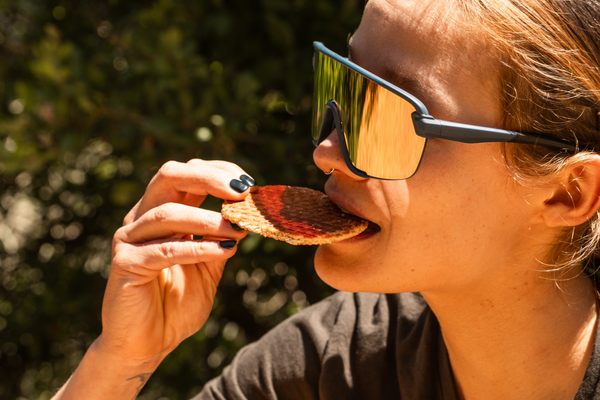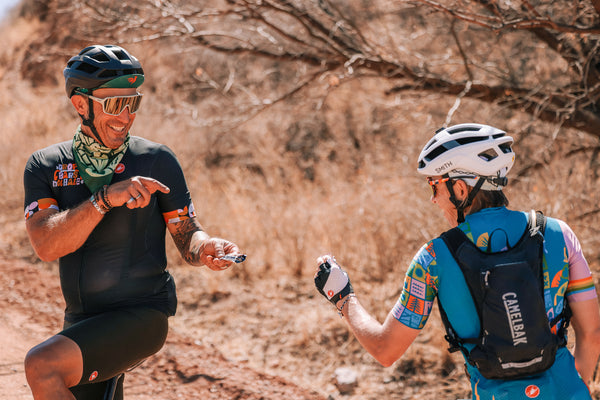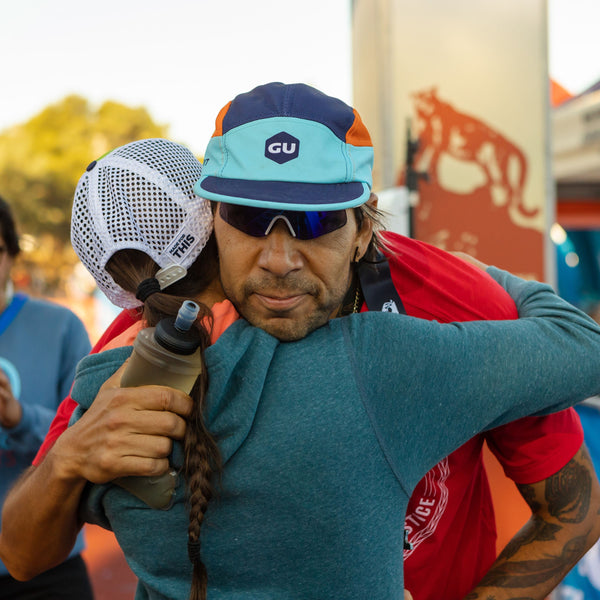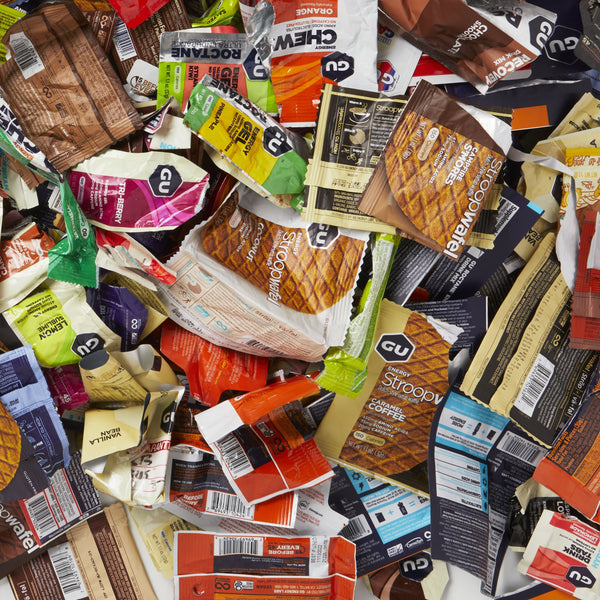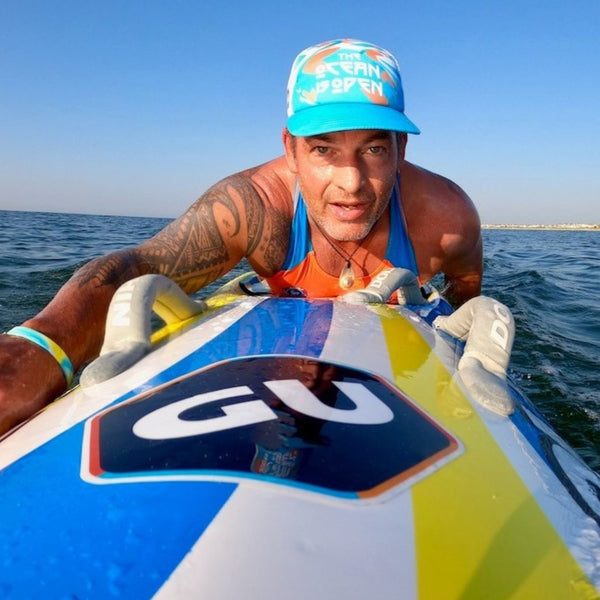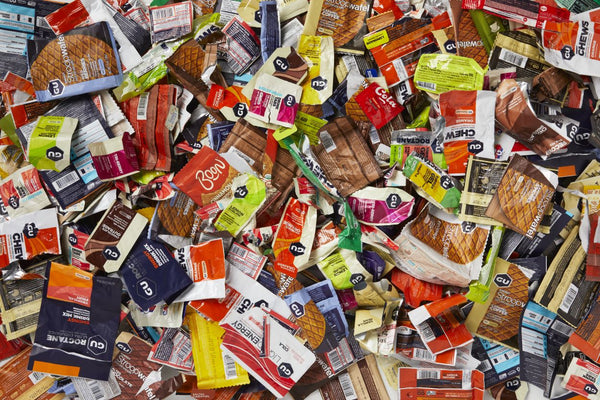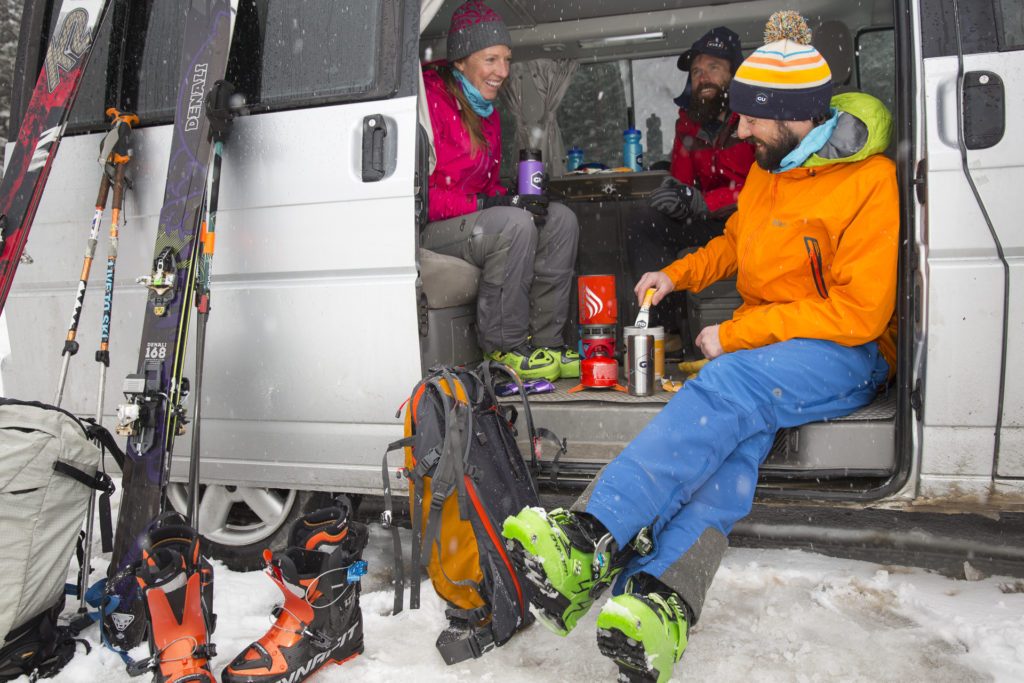Cold Weather Hydration Tips
Staying hydrated is critical year-round, but winter brings unique challenges. When the temperature drops, so does our thirst reflex, and it’s easy to forget to drink water. But cold-weather dehydration can zap your energy, hurt your performance, and even affect recovery. Let’s dive into why winter hydration can be tricky and how to stay ahead of it.
Signs of Winter Dehydration
Winter dehydration is a stealthy adversary that often goes unnoticed until it’s already impacting your performance. Unlike the hot, sweaty days of summer, cold weather can mask the usual cues that you’re running low on fluids. In fact, research shows that cold environments can suppress thirst sensations significantly, even when the body is dehydrated.
A study published in the Journal of Applied Physiology found that individuals exposed to cold conditions showed reduced voluntary water intake, even when hypohydrated by over 3% of body weight. This suppression of thirst is linked to physiological changes such as increased plasma volume and altered hormonal responses, which trick the brain into thinking the body is sufficiently hydrated.
Recognizing the early signs of dehydration is crucial to staying strong during your winter workouts.
- Dry mouth or lips: Cold air quickly dehydrates your mucous membranes, so chapped lips and a parched mouth are often the first warning signs.
- Fatigue or sluggishness: Dehydration disrupts energy production, leaving you feeling drained even before you’ve pushed your limits.
- Headaches or dizziness: When your body is low on fluids, reduced blood flow to the brain can cause discomfort and clouded thinking.
- Dark-colored urine: If your urine is more amber than pale yellow, it’s a clear signal that you need more fluids.
Why You Drink Less Water in Winter
Cold weather doesn’t just chill your body—it also tricks your brain into thinking you’re better hydrated than you really are. The result? A natural drop in your urge to drink, even when your body desperately needs fluids. Understanding the reasons behind this phenomenon can help you stay ahead of winter dehydration.
Reduced Thirst Signals
Research shows that cold exposure significantly suppresses thirst, even when the body is dehydrated. A study published in Medicine & Science in Sports & Exercise found that during moderate-intensity exercise in cold environments, thirst sensations were reduced by up to 40%, regardless of hydration status. The study attributes this to lower levels of plasma arginine vasopressin (AVP), a hormone critical for thirst regulation, despite an increase in plasma osmolality—a marker of dehydration. Cold-induced vasoconstriction redirects blood flow from the extremities to the core, tricking the brain into perceiving an adequate blood volume and reducing thirst cues.
Sweat Confusion
In winter, the sweat you produce is often hidden under layers of clothing, making it less noticeable. However, those sweat-soaked base layers can lead to significant fluid loss without the usual cues like a sweaty shirt or glistening skin. Overdressing can exacerbate this by causing overheating, so choosing moisture-wicking fabrics and layering wisely is key.
Dry Air
Winter air is not only cold but also extremely dry. Every breath you take releases moisture, and at high altitudes, where the air is even drier, this "insensible water loss" can add up quickly. Unlike sweating, you may not feel this type of dehydration happening, but it’s a significant contributor to winter fluid loss.
Water Retention During Winter Exercise
In winter, staying hydrated isn’t just about drinking water—it’s about helping your body retain those fluids. Cold weather increases urine output (cold diuresis) and fluid loss from dry air, making electrolytes and carbs essential for effective hydration.
Electrolytes Improve Fluid Retention
Electrolytes like sodium, potassium, and magnesium help your cells hold onto water and maintain fluid balance. Products like Hydration Drink Tabs and Roctane Energy Drink replenish these essential minerals, reducing dehydration risks.
Avoid Plain Water Overload
Drinking only water can dilute sodium levels in your bloodstream, leading to more frequent bathroom trips. Adding electrolytes ensures your body retains more fluids and stays hydrated longer.
Carbs Boost Absorption
Carbs in products like Energy Gels work alongside electrolytes to help your body absorb water faster and more efficiently, keeping you hydrated without the bloated feeling.
How to Drink More Water in Winter
Staying hydrated in the winter can be tricky. With a blunted thirst response and the chilly conditions making icy water less appealing, it takes a little extra effort to meet your hydration needs. But with the right strategies, you can stay on track and keep dehydration at bay.
- Add flavor and electrolytes: Plain water can feel uninspiring, especially in the cold. Adding flavor and electrolytes with products like Hydration Drink Tabs makes your drink more enjoyable and gives it an extra hydration boost. The sodium, potassium, and magnesium in these products also help your body retain the fluids you drink.
- Set reminders: In winter, your thirst signals may not be reliable, so create your own cues. Use a phone alarm, hydration app, or smartwatch reminders to prompt regular sips throughout the day. Consistency is key to staying hydrated.
- Embrace warm drinks: When cold weather makes sipping icy water unappealing, switch to warm beverages. Mix Summit Tea Roctane Energy Drink with hot water for a hydrating drink that warms you from the inside out. It’s perfect for a thermos on winter hikes, ski trips, or cold commutes.
- Make it a habit: Keeping hydration top-of-mind is easier when it’s part of your daily routine. Carry an insulated water bottle and take regular sips, even if you’re not thirsty. By making hydration a habit, you’ll avoid playing catch-up later.
Fueling for Winter Performance
Hydration is essential in winter, but it’s only part of the performance equation. Proper fueling gives your body the energy and stamina it needs to conquer cold-weather challenges. Whether you’re preparing for a summit push, a long run, or an intense ski session, strategic nutrition is key.
Pre-Activity: Start Strong
Before heading out into the cold, top off your glycogen stores with quick and portable options. A GU Energy Waffle, Energy Gel, or Energy Chews delivers fast-digesting carbs and amino acids to fuel your muscles from the first step.
During Activity: Fuel as You Go
Maintaining energy levels in winter can be challenging, especially when appetite dips due to exertion or altitude. Aim for 100–200 calories per hour to keep your body and mind fueled. Options like Roctane Energy Drink, or Liquid Energy Gels provide the carbs and electrolytes needed to sustain your effort.
Post-Activity: Recover Right
Cold-weather recovery is just as important as the workout itself. Refuel with the Roctane Protein Recovery Drink, which combines 20g of high-quality protein and fast-digesting carbs to replenish glycogen stores and support muscle repair. For added recovery benefits, include a warm, electrolyte-rich soup or snack to rehydrate and recharge.
Winter Hydration FAQs:
Q: Is it harder to stay hydrated in winter?
A: Absolutely. Cold weather suppresses your thirst response by up to 40%, making you less likely to drink enough water. Plus, winter activities often occur in dry, high-altitude environments, where insensible water loss through breath and sweat increases. Layering improperly can also cause overheating, leading to sweat loss that’s less noticeable than in summer.
Q: Should I take electrolytes in winter?
A: Yes! Electrolytes like sodium, potassium, and magnesium are just as crucial in winter as in summer. Even if you’re not drenched in sweat, you’re still losing electrolytes through sweat and urine.
Q: Do you burn more calories to keep warm?
A: A little, but not as much as you might think. While your body does burn extra calories to maintain warmth in cold conditions, the increase is relatively small compared to the energy you expend during exercise. However, winter layers can add weight, and snow or icy terrain often increases the intensity of your activity, leading to higher calorie burn overall.

